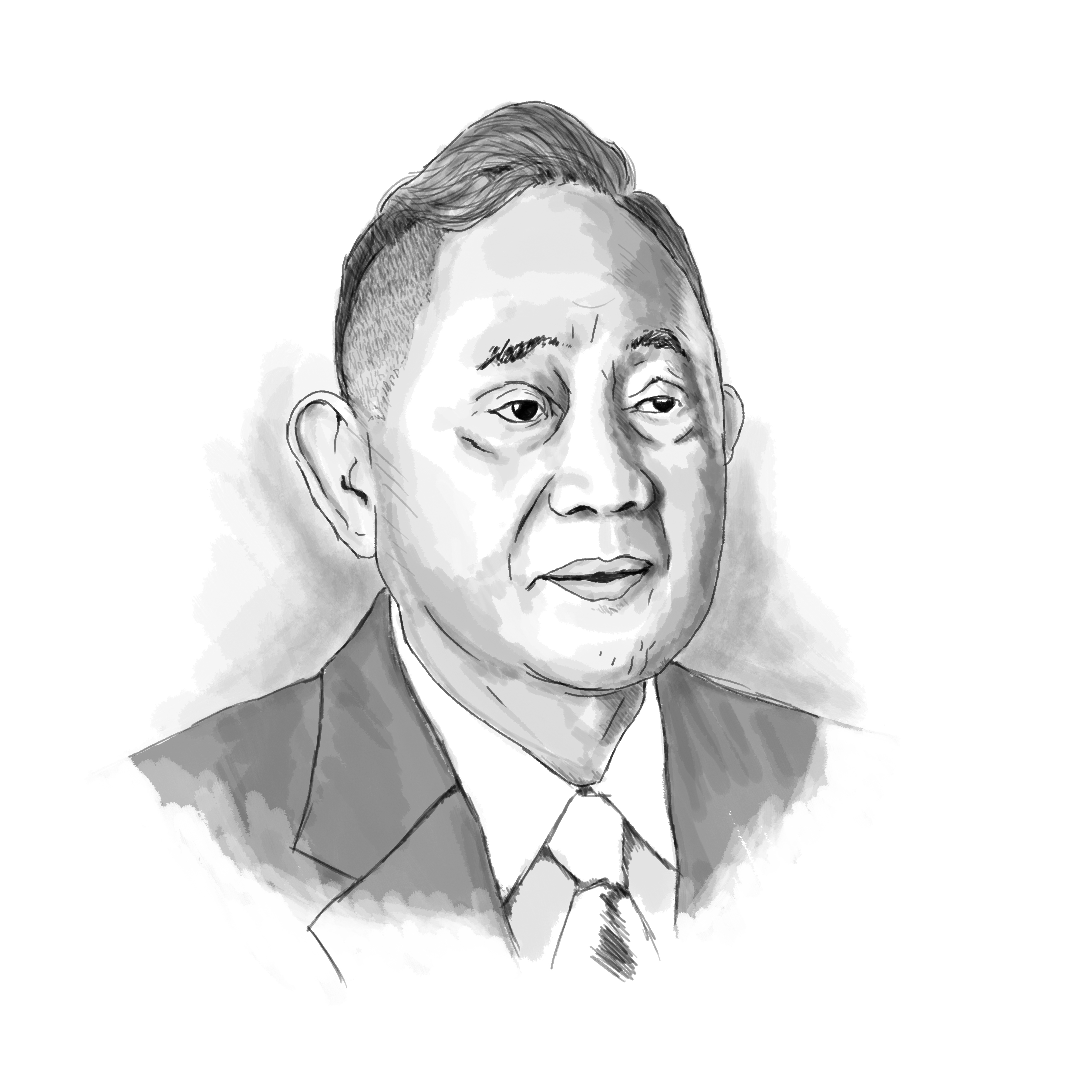Reflecting on earlier years in politics and campaigns
PEACE-MAKER

Looking back on years spent in public office and the campaigns that shaped them is a mixture of nostalgia, lessons learned the hard way, a clearer understanding of the complexities of public service, and the joy of having contributed to nation-building.
Political campaigns are often the first trial by fire, where ideals meet the realities of persuasion, public scrutiny, and coalition-building. Campaigning is part of the process of shaping not only a candidate’s image but his future leadership approach.
We were elected congressman of Pangasinan for the first time in 1969, at the age of 32, after serving as presidential assistant and economic and press counselor at the Philippine Embassy in Saigon (now Ho Chi Minh) during the Vietnam War.
Our first political campaign, however, was when we were 22, not as a candidate but as a campaign leader of Dr. Francisco Duque when he ran for governor of Pangasinan. He later served as Health Secretary in the President Diosdado Macapagal administration.
That election taught us the timeless truth in politics: that a campaign is the sum-total of many factors, such as a strong political organization, a dedicated campaign staff, and making sure to bring voters to their precincts on election day and ensure that the votes are counted correctly. Successful political campaigns are not just about ideas; it is also about competent organization.
At 26, we became chief political adviser to Liberal Party Congressman Cornelio Villareal of Capiz, who was elected Speaker of the House through the so-called “Allied Majority,” a coalition of congressmen from both the Liberal and Nacionalista parties.
We learned early on that the art of coalition-building is at the heart of governance. Coalitions are needed not just to win elections but to pass vital legislation. The art of coalition-building goes beyond securing votes. It is about creating a sense of shared purpose.
In 1987, we were elected to the House of Representatives for the second time, following our brief stint as ambassador-at-large from 1986 to 1987 and, earlier, as pioneering businessman in the Middle East and North Africa from the early 1970s to the early 1980s. Subsequently, by God’s grace, we were elected five times as Speaker of the House.
In 1992, we put together what we called a “power-sharing and burden-sharing formula” that led to an unprecedented grand coalition of political parties in the House of Representatives. We named it the “Rainbow Coalition.”The Rainbow Coalition passed 228 reform laws in legislative-executive partnership that produced a modest economic miracle for the Philippines in the early 1990s.
Being Speaker is to navigate a landscape of conflicting interests, personalities, and power dynamics. It requires the ability to bridge divides and balance the priorities of various factions and individuals. It is about building trust, forging relationships, and finding common ground.
We retired from elective in 2010, or 14 years ago. Since then, we have devoted our time in parliamentary- and political party diplomacy in Asia and the international community. However, the memories of campaigns and public service are still vivid. We never forget the high stakes moments, the debates,the late-night negotiations, the elections nights. But it is the quieter moments - - the people who entrusted you with their vote,the moments that you could see the significant impact of your work — that you value the most.
As we reflect on those years, we are reminded that politics, despite its many flaws, remains a vital tool for shaping the country, and the world, we live in.